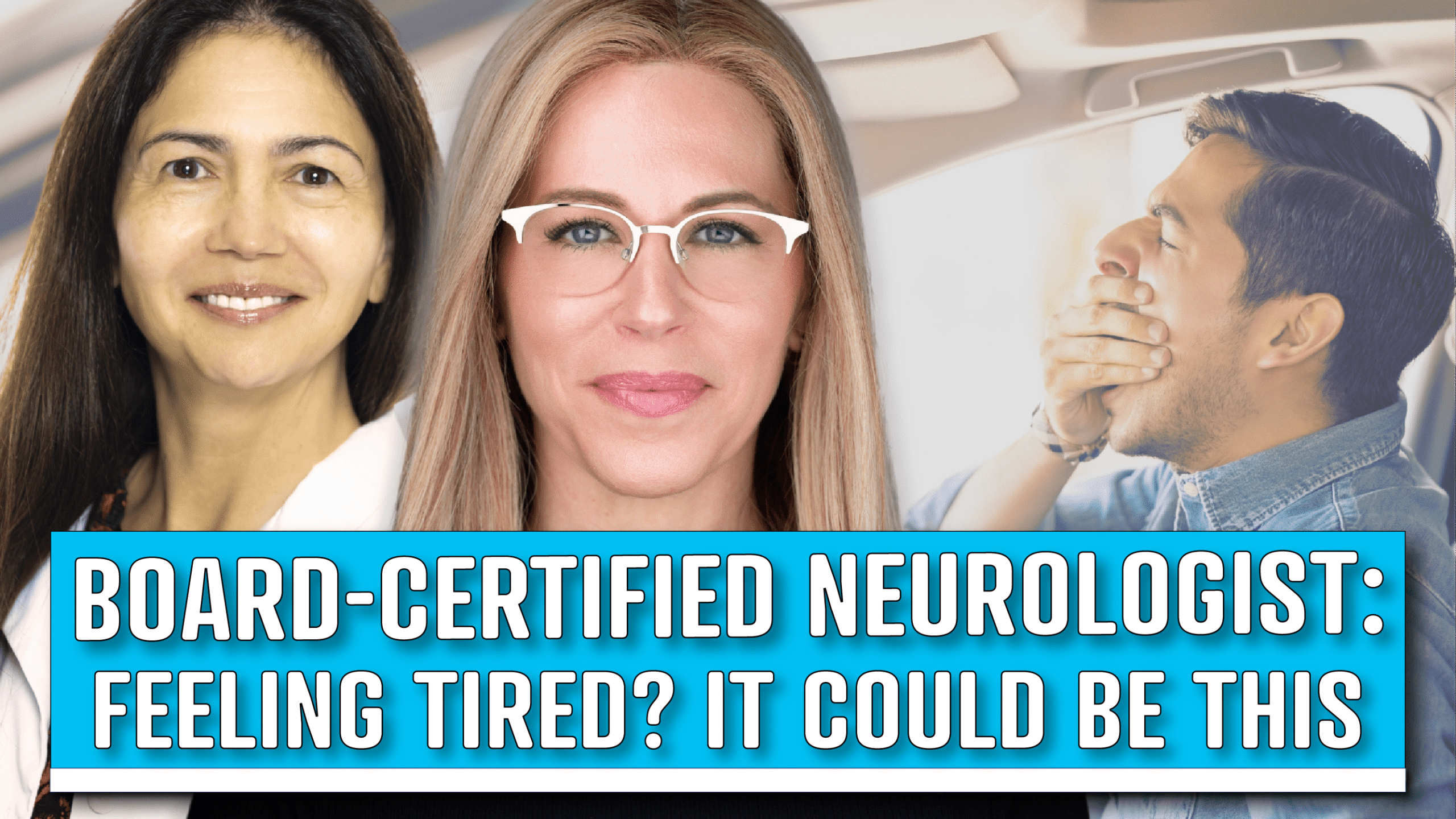

Susan is the owner and founder of Pelvicore Rehab & Wellness. Susan earned a masters degree from the College of Staten Island in 1998. During her almost 30 years of experience, she has gained extensive knowledge in the treatment of various populations such as orthopedics, manual therapy, geriatrics, pediatrics and men/women's pelvic dysfunction and treatment of the pregnant and postpartum women.
When we talk about health, sleep often gets overlooked. But according to Dr. Diana Barratt, a board-certified neurologist and sleep expert, sleep isn’t just a nightly ritual—it’s one of the most powerful tools we have for dementia prevention and overall brain health.
In a recent “Ask the Experts” event hosted by Pelvicore Rehab & Wellness, Dr. Barratt shared eye-opening insights on how sleep, pelvic health, and cognitive function are deeply interconnected—and how women, especially in midlife, can take control of their health by starting with small, practical changes.
Sleep is more than rest; it’s a neurological reset. During deep sleep, the brain consolidates memories, detoxifies waste, and regulates hormones. If sleep is disrupted—especially by conditions like sleep apnea—those essential processes can’t function optimally.
Women, particularly in perimenopause or postmenopause, are often underdiagnosed with sleep apnea because their symptoms may differ from the typical loud snoring seen in men. Instead, they may experience fatigue, forgetfulness, and mood swings—often misattributed to aging or hormones.
Key takeaway: Poor sleep = poor brain function. Chronic sleep disruption significantly raises the risk of cognitive decline and dementia.
Dr. Barratt introduced new, accessible ways to detect and manage sleep issues, such as:
She emphasized that improving sleep doesn’t always mean wearing a large machine or undergoing intense treatment. Sometimes, simple positioning or habit changes make a big difference.
One of the most staggering revelations from Dr. Barratt’s talk: Up to 45% of dementia is preventable with lifestyle changes. According to the latest Lancet Commission research, these changes can significantly reduce your risk:
In a tech-driven world, it’s tempting to look for a gadget, supplement, or app to solve our sleep and brain issues. But as Dr. Barratt noted, no device can replace the basics: regular movement, deep sleep, stress reduction, and real social connection.
If you’re serious about dementia prevention, start by looking at your daily routines. Are you sleeping well? Moving enough? Feeling connected? These simple questions can guide powerful changes.
Your brain is your most valuable asset—and dementia prevention starts with protecting it early. Sleep is not a luxury. It’s a necessity for hormone balance, immune function, memory, and mental clarity.
As Dr. Barratt says, “We have more control over our brain health than we think.” And the best part? The steps are simple, actionable, and accessible to everyone.
00:00 – Intro & Event Overview
00:45 – Connection Between Sleep, Brain & Pelvic Health
02:06 – Meet Dr Diana Barratt
02:35 – Hidden Signs of Sleep Apnea in Women
04:54 – Why Sleep Quality Matters (No Biohack Fix)
05:43 – Modern Home Sleep Studies Explained
06:35 – Sleep Apnea Severity & Sleep Stages
07:58 – Bladder Function & Deep Sleep Connection
09:12 – Sleep Apnea Solutions (Beyond CPAP)
12:27 – Long-Term Risks of Poor Sleep
13:01 – Practical Sleep Hygiene Tips
14:16 – Caffeine, Medications & Insomnia
15:09 – Breaking Sleep Anxiety Patterns
17:12 – 45% of Dementia is Preventable
18:32 – Key Risk Factors: Hearing, Cholesterol, Blood Pressure
22:46 – Exercise & Brain Health
24:59 – Choosing the Right Exercise for Your Goals
25:33 – Weight, Diabetes & Alcohol in Dementia Risk
27:34 – Social Isolation’s Impact on the Brain
30:01 – Top Lifestyle Changes That Move the Needle
32:09 – Forget Biohacks—Stick to the Basics
36:27 – Final Takeaways & Next Event Preview
Visit www.dianabarrattmd.com to connect with Dr. Diana Barratt and to learn more about how you can achieve better sleep and more optimal brain health.
Join our next FREE Ask the Experts event in Boca Raton, Florida: www.pelvicorerehab.com/events
Book your FREE health and wellness 15-minute discovery call to talk with Susan about how to regulate your nervous system: www.pelvicorerehab.com.